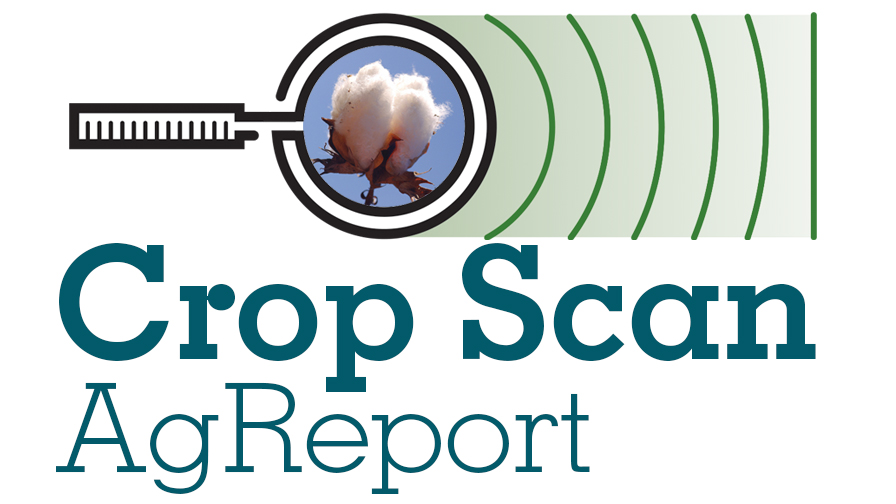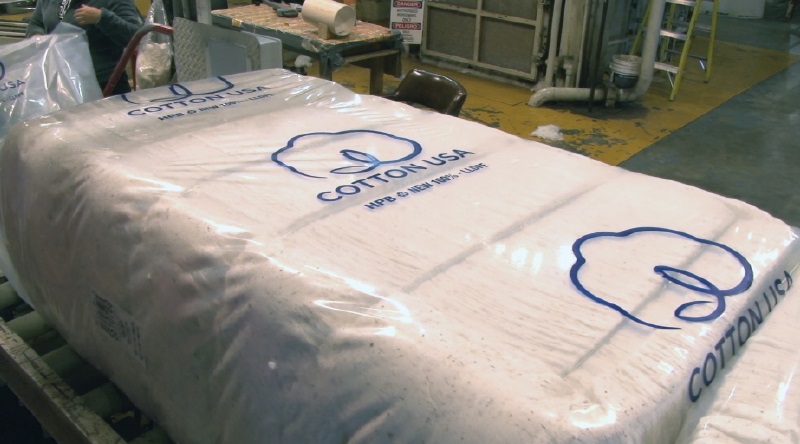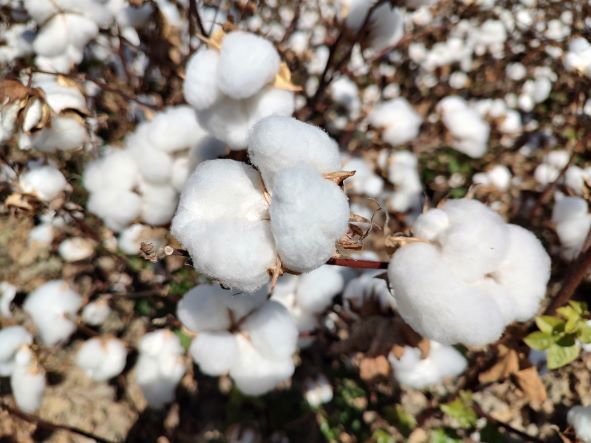EPA Approves VipCot Cotton for Natural Refuge
Syngenta Seeds, Inc. announced that the U.S. Environmental Protection Agency (EPA) has approved a natural refuge option for its VipCot cotton technology. VipCot cotton contains the transgenic cotton events COT67B, which produces the Cry1Ab protein, and COT102, which features the novel Vip3A protein. Vip3A is the same protein found in Syngenta’s Agrisure Viptera trait in corn and is a totally new mode of action in both cotton and corn.
“VipCot cotton is the first transgenic cotton which combines both VIP and Cry proteins for enhanced resistance management with a natural refuge option,” said Ryan Kurtz, insect resistance management specialist with Syngenta Biotechnology, Inc. “In granting a natural refuge option, the EPA has affirmed the value of this technology in helping prevent the development of resistant insects, as well as offering growers an opportunity to protect all of their cotton acres from most caterpillar pests.”
Field trials of crops containing Vip3A have demonstrated breakthrough control of a broad spectrum of lepidopteran pests, including cotton bollworm, tobacco budworm and the entire armyworm complex. In particular, VipCot has demonstrated outstanding control of cotton bollworm, also known as the corn earworm.
Along with efficacy, the unique mode of action in Vip3A has made it the platform for innovations in refuge for both corn and cotton. In addition to the natural refuge provision in cotton, the EPA has approved a 20 percent nationwide refuge for corn hybrids containing the Agrisure Viptera trait. This is a reduction from the 50 percent traditionally required in areas growing both corn and cotton. The Agrisure Viptera trait also will be featured in future reduced-refuge corn stack product concepts.
In January, Syngenta announced that Dow AgroSciences and Monsanto Company each had agreements in place that would allow them to use Vip3A technology with their WideStrike and Genuity Bollgard cotton products, respectively.
The natural refuge option for VipCot affects cotton growers in Alabama, Arkansas, Florida, Georgia, Kansas, Kentucky, Louisiana, Maryland, Mississippi, Missouri, North Carolina, Oklahoma, South Carolina, Tennessee, Virginia, and Texas (excluding the Texas counties of Brewster, Crane, Crockett, Culberson, El Paso, Hudspeth, Jeff Davis, Loving, Pecos, Presidio, Reeves, Terrell, Val Verde, Ward, and Winkler).
The natural refuge option does not apply to areas where pink bollworm is a key pest including Arizona, California, New Mexico, and the areas of Texas listed above.








